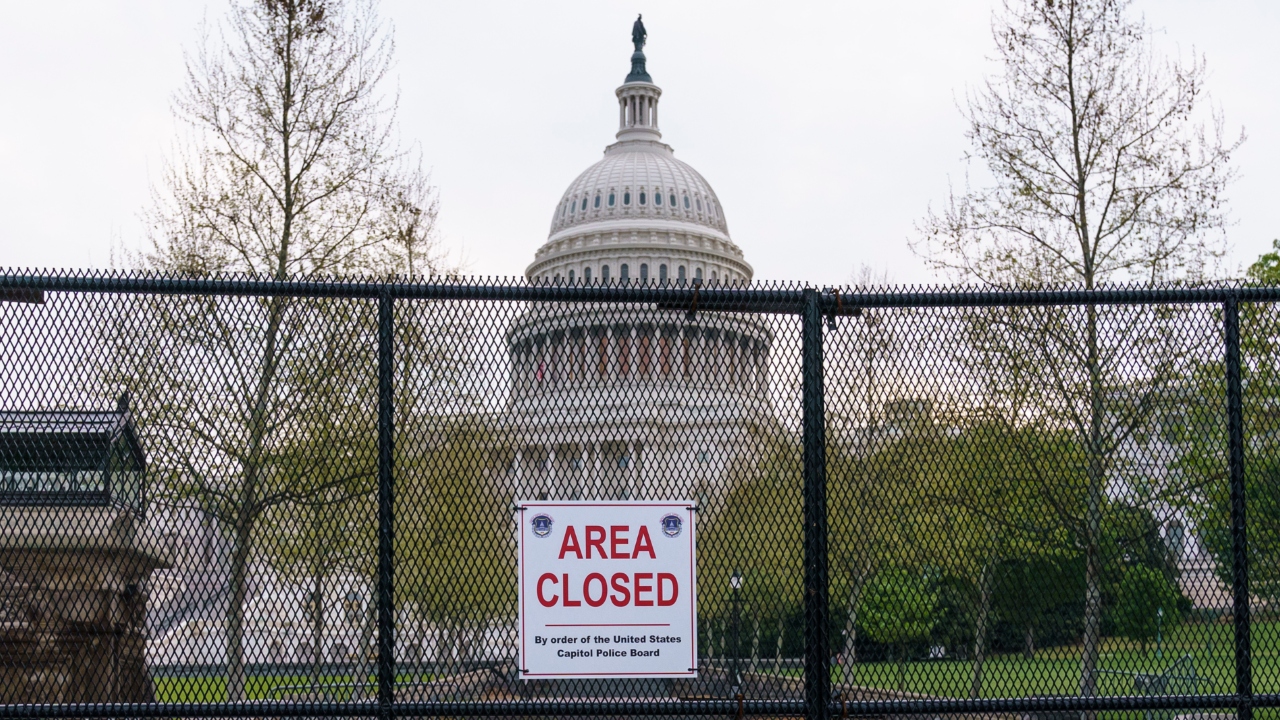According to the Senate parliamentarian, Chuck Schumer’s scheme to invoke Section 304 of the Congressional Budget Act to revise the 2021 budget resolution and issue new reconciliation rules, which would allow Democrats to skirt working with Republicans on several major pieces of legislation, is okay under the Senate’s rules.
Though what exactly this means is vague, and depends greatly on exactly what new reconciliation rules Senate Democrats issue, it has the potential to fundamentally alter the way the Senate operates. In particular, it seems likely to enable straight party-line passage of controversial legislation.
Theoretically, the ruling paves the way for Democrats to endlessly amend budget resolutions, thus avoiding floor debate and the need to work with the minority party, particularly on contentious legislation. Debate on reconciliation is limited to 20 hours, while the number of amendments that can be appended is unlimited. Essentially, this means, after 20 hours of debate, amendments are given an up or down vote with no debate, a process that advantages the majority party.
The use of reconciliation is tied to budget resolutions, which Congress is required by the Congressional Budget Act to adopt every year. These provide a blueprint for what a budget will look like and what actions related to spending or revenue need to be taken. A budget resolution sends reconciliation directives to specific Congressional committees.
Under current rules, reconciliation allows legislation that affects the debt limit, revenue, or spending to be reconciled. Per the Senate’s current understanding of the Congressional Budget Act, it can consider one bill that touches on the three major components of reconciliation. Or it can consider multiple bills: but it can’t create more than one bill for each subject.
Budget resolutions can’t be filibustered, which is what makes them so appealing to parties in power, particularly when they hold slim majorities. They have the potential to facilitate one-party rule: enabling the passage of sweeping legislative packages that are more like ideological grab bags than cohesive public policy.
Because reconciliation only requires 50 votes and ushers in the possibility for a tyrannical rule by the majority, it’s important that the use of the process be limited. But that’s not the only reason to be concerned about Democrats expanding the ways in which reconciliation can be used.
The ruling effectively means Democrats have won the fight to abolish the legislative filibuster, a feat they accomplished without suffering any of the political fallout of taking the steps to actually abolish it. If they want to push progressive policies without Republican votes, which might come at the cost of compromise, they have a path: amend the current budget resolution.
On top of sounding the death knell for the spirit of political cooperation in an increasingly fraught and partisan body, the parliamentarian’s ruling has tremendous implications for the budget process.
Congress’ financial profligacy is well known and has only increased since the beginning of the coronavirus pandemic. In the first hundred days of his presidency, Biden has already signed into law one bill with a trillion dollar price tag; his infrastructure bill currently stands to cost at least $2 trillion. And his recently unveiled budget blueprint proposes to add $1.5 trillion to federal spending.
Thanks to the possibility of expanded use of reconciliation, that’s unlikely to stop anytime soon. In the recent past, Congress has routinely failed to produce a budget and has instead resorted to using continuing resolutions that simply extend existing appropriations. This approach seems compatible with the idea that budget resolutions can be constantly amended.
Why go through the bother of a budget battle, the contentiousness of which potentially risks alienating the electorate, when procedural rules little understood by the public can be used instead? The majority party will also now be able to use budget resolutions to expand the debt ceiling, further paving the way for greater spending to be ushered in.
The parliamentarian’s ruling also gives Democrats the power to use amendments to the budget resolution to modify the rules under which reconciliation can be invoked. Currently, the Byrd Rule currently limits the way reconciliation can be used–generally prohibiting anything “extraneous” to budgeting and revenue from being considered and giving senators to block anything not related to this process. But that could soon change. If Democrats amend the reconciliation rules to get rid of this stipulation, they could not only use amendments to the budget resolution to add whatever they want into the budget, they could use it to pass unrelated policy too, again skirting an need for debate or compromise.
At the moment, the parliamentarian’s ruling is little more than a matter of interest for political insiders and wonks. In part, this is because, until Chuck Schumer announces his plans, the exact implication of this ruling is unclear. The parliamentarian’s ruling opens up the avenues for the majority party to do all these things, but it doesn’t necessarily mean they will.
Regardless of how frequently Democrats decide to use reconciliation, and for what legislative purposes, Republicans need to start sounding the alarm over the possibilities this creates for de facto one-party rule.
As the 2022 midterm elections ramp up, Republicans need to make this a priority in their messaging. Right now, there appears to be nothing procedural standing between Democrats and expansive use of the filibuster. Democrats only have a majority because they can count on Kamala Harris’ vote. If they lose more than one or two votes, use of reconciliation will fail. That puts Joe Manchin, whose concern for the integrity of the Senate and democratic values has led him to express opposition to this scheme, in a powerful position.
But Republicans can’t count on Manchin to hold out forever. Pressure is already being put on him and it’s likely he’ll be primaried next time he runs. Republicans can’t afford to lose a single Senate seat. If they do, they risk becoming completely defunct. It will be too easy for Democrats to simply invoke reconciliations and avoid working with them altogether.



